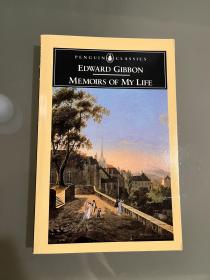
Memoirs of My Life
现货保证正版:吉本《生平回忆录》,企鹅经典
¥ 277 九五品
仅1件
山东淄博
认证卖家担保交易快速发货售后保障
作者Edward Gibbon 著;Betty Radice 编
出版社Penguin Classics
出版时间1984-07
版次1
装帧平装
上书时间2022-08-05
- 在售商品 暂无
- 平均发货时间 15小时
- 好评率 暂无
- 店主推荐
- 最新上架
商品详情
- 品相描述:九五品
- 无限接近全新
- 商品描述
-
Edward Gibbon was one of the world's greatest historians and a towering figure of his age. When he died in 1794 he left behind the unfinished drafts of his Memoirs, which were posthumously edited by his friend Lord Sheffield, and remain an astonishing portrait of a rich, full life. Recounting Gibbon's sickly childhood in London, his disappointment with an Oxford steeped in port and prejudice', his successful years in Lausanne, his first and only love affair and the monolithic achievement of "The Decline and Fall of the Roman Empire", he distils his genius for history into a remarkable gift for autobiography. Candid and detailed, these writings are filled with warmth and intellectual passion.
Edward Gibbon (8 May 1737 – 16 January 1794) was an English historian and Member of Parliament. His most important work, The History of the Decline and Fall of the Roman Empire, was published in six volumes between 1776 and 1788. The Decline and Fall is known for the quality and irony of its prose, its use of primary sources, and its open criticism of organised religion.
Gibbon returned to England in June 1765. His father died in 1770, and after tending to the estate, which was by no means in good condition, there remained quite enough for Gibbon to settle fashionably in London at 7 Bentinck Street, independent of financial concerns. By February 1773, he was writing in earnest, but not without the occasional self-imposed distraction. He took to London society quite easily, and joined the better social clubs, including Dr. Johnson's Literary Club, and looked in from time to time on his friend Holroyd in Sussex. He succeeded Oliver Goldsmith at the Royal Academy as 'professor in ancient history' (honorary but prestigious). In late 1774, he was initiated a freemason of the Premier Grand Lodge of England. And, perhaps least productively in that same year, he was returned to the House of Commons for Liskeard, Cornwall through the intervention of his relative and patron, Edward Eliot. He became the archetypal back-bencher, benignly "mute" and "indifferent," his support of the Whig ministry invariably automatic. Gibbon's indolence in that position, perhaps fully intentional, subtracted little from the progress of his writing.
After several rewrites, with Gibbon "often tempted to throw away the labours of seven years," the first volume of what would become his life's major achievement, The History of the Decline and Fall of the Roman Empire, was published on 17 February 1776. Through 1777, the reading public eagerly consumed three editions for which Gibbon was rewarded handsomely: two-thirds of the profits amounting to approximately £1,000. Biographer Leslie Stephen wrote that thereafter, "His fame was as rapid as it has been lasting." And as regards this first volume, "Some warm praise from David Hume overpaid the labour of ten years."
Volumes II and III appeared on 1 March 1781, eventually rising "to a level with the previous volume in general esteem." Volume IV was finished in June 1784; the final two were completed during a second Lausanne sojourn (September 1783 to August 1787) where Gibbon reunited with his friend Deyverdun in leisurely comfort. By early 1787, he was "straining for the goal" and with great relief the project was finished in June. Gibbon later wrote:
It was on the day, or rather the night, of 27 June 1787, between the hours of eleven and twelve, that I wrote the last lines of the last page in a summer-house in my garden. ... I will not dissemble the first emotions of joy on the recovery of my freedom, and perhaps the establishment of my fame. But my pride was soon humbled, and a sober melancholy was spread over my mind by the idea that I had taken my everlasting leave of an old and agreeable companion, and that, whatsoever might be the future date of my history, the life of the historian must be short and precarious.
Volumes IV, V, and VI finally reached the press in May 1788, their publication having been delayed since March so it could coincide with a dinner party celebrating Gibbon's 51st birthday (the 8th). Mounting a bandwagon of praise for the later volumes were such contemporary luminaries as Adam Smith, William Robertson, Adam Ferguson, Lord Camden, and Horace Walpole. Smith remarked that Gibbon's triumph had positioned him "at the very head of [Europe's] literary tribe.", Betty Radice (3 January 1912 - 1985) was joint editor of Penguin Classics and vice-president of the Classical Association.
图书标准信息
- 作者 Edward Gibbon 著;Betty Radice 编
- 出版社 Penguin Classics
- 出版时间 1984-07
- 版次 1
- ISBN 9780140432176
- 定价 130.40元
- 装帧 平装
- 开本 其他
- 纸张 其他
- 正文语种 英语
- 【内容简介】
- EdwardGibbonwasoneoftheworld'sgreatesthistoriansandatoweringfigureofhisage.Whenhediedin1794heleftbehindtheunfinisheddraftsofhisMemoirs,whichwereposthumouslyeditedbyhisfriendLordSheffield,andremainanastonishingportraitofarich,fulllife.RecountingGibbon'ssicklychildhoodinLondon,hisdisappointmentwithanOxfordsteepedinportandprejudice',hissuccessfulyearsinLausanne,hisfirstandonlyloveaffairandthemonolithicachievementof"TheDeclineandFalloftheRomanEmpire",hedistilshisgeniusforhistoryintoaremarkablegiftforautobiography.Candidanddetailed,thesewritingsarefilledwithwarmthandintellectualpassion.
- 【作者简介】
- EdwardGibbon(1737-1794)wasarguablythemostinfluentialhistoriansincethetimeofTacitus.Hismagnumopus,TheHistoryoftheDeclineandFalloftheRomanEmpire,firstpublishedin1776,isagroundbreakingworkwhoseinfluenceendurestothisday.EditedbyBettyRadice
点击展开
点击收起
— 没有更多了 —







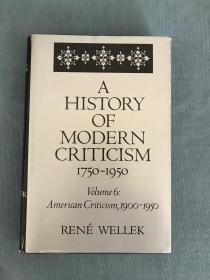

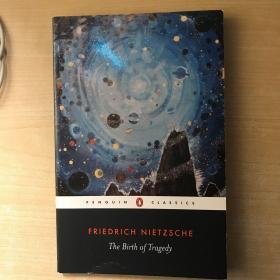
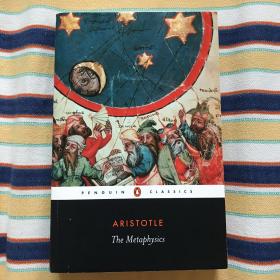
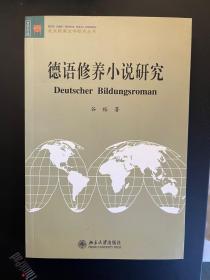
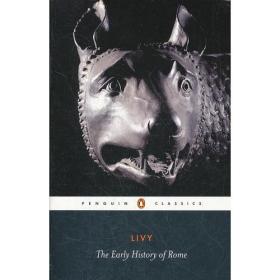
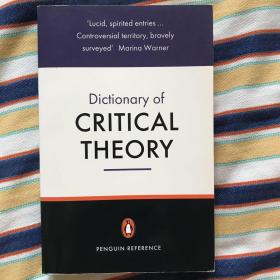
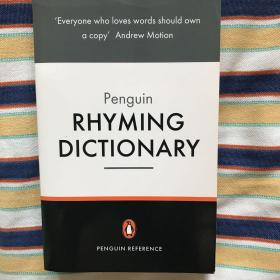
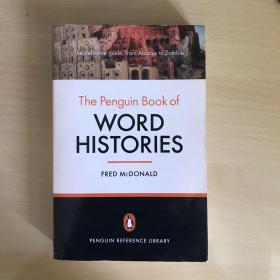










以下为对购买帮助不大的评价